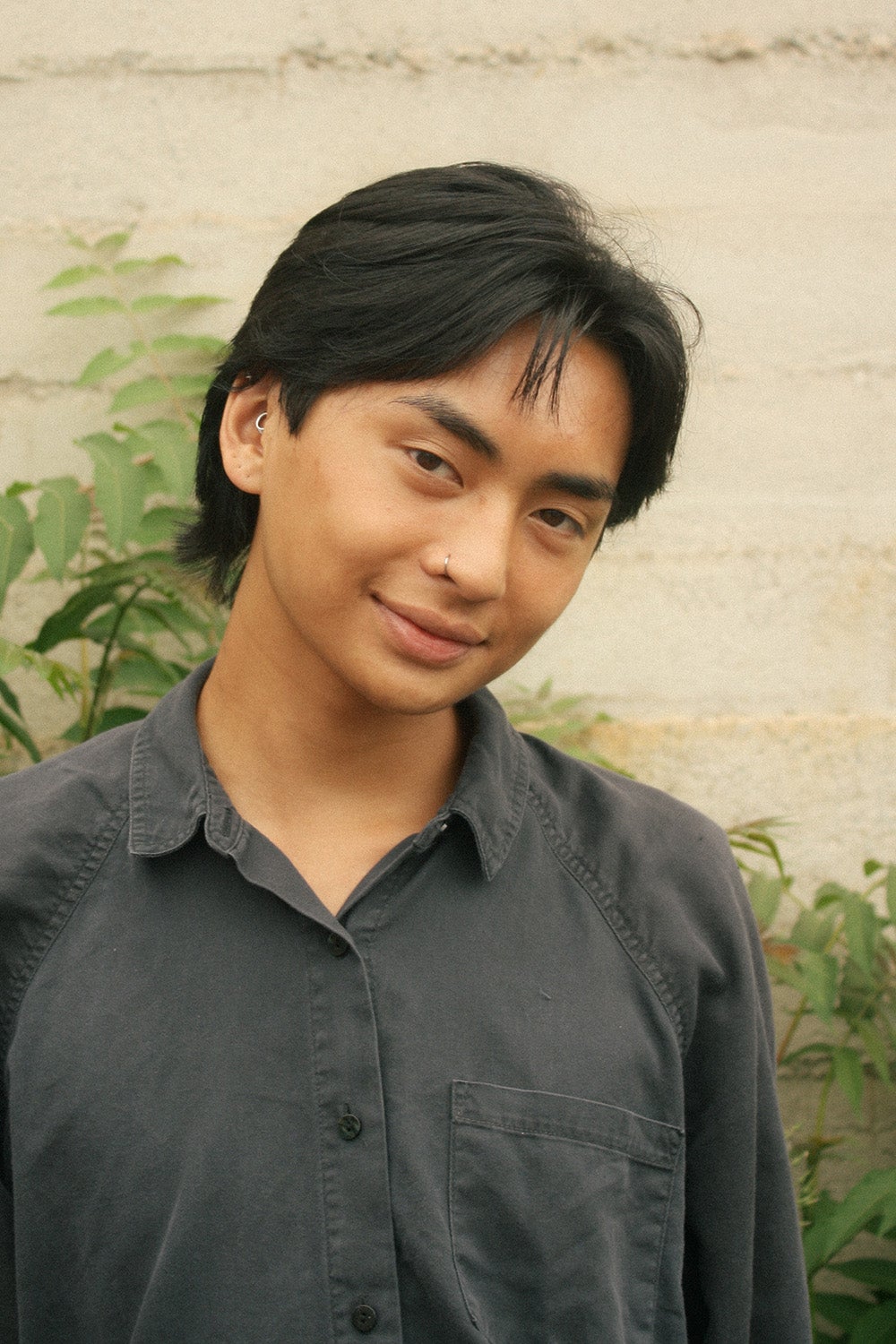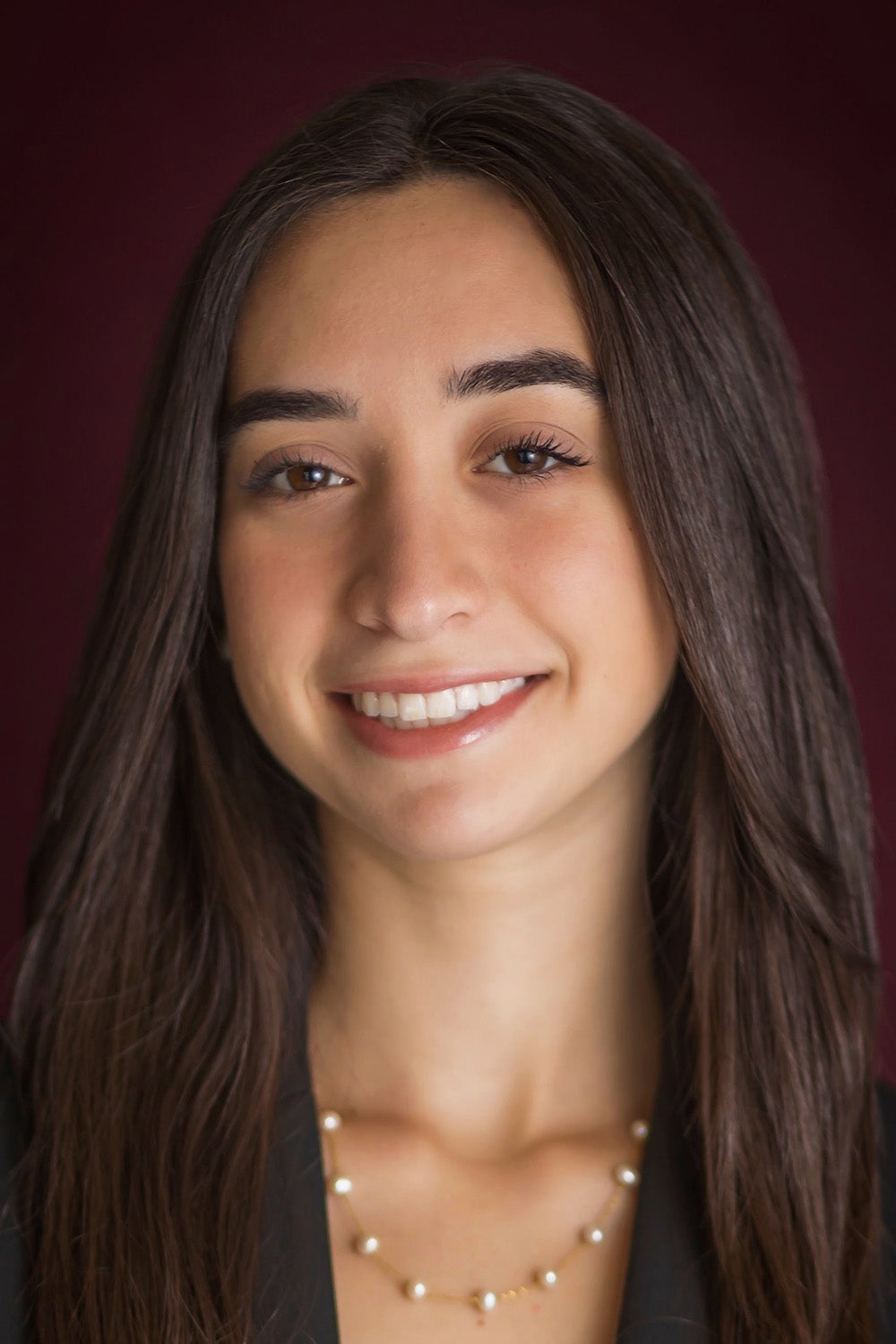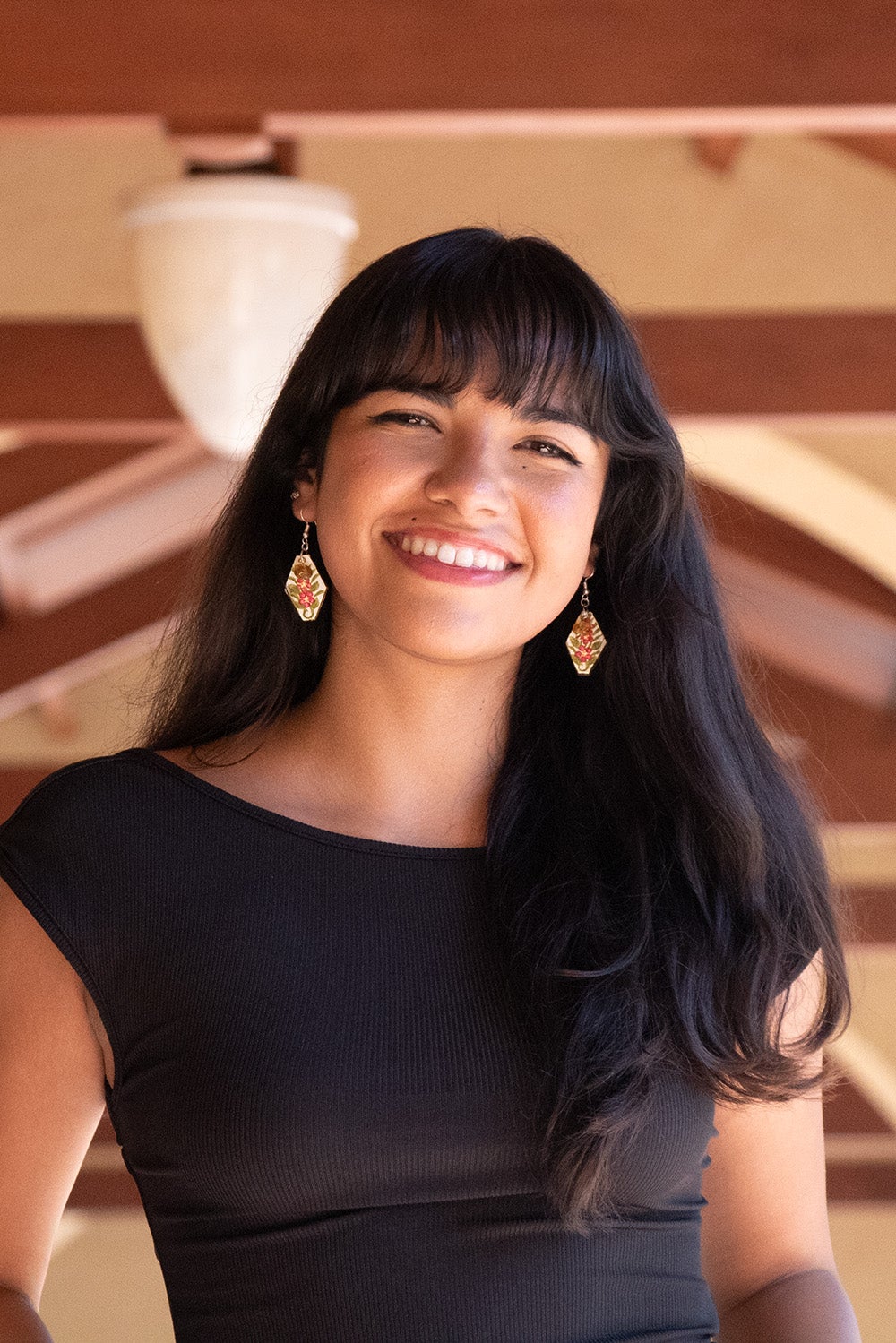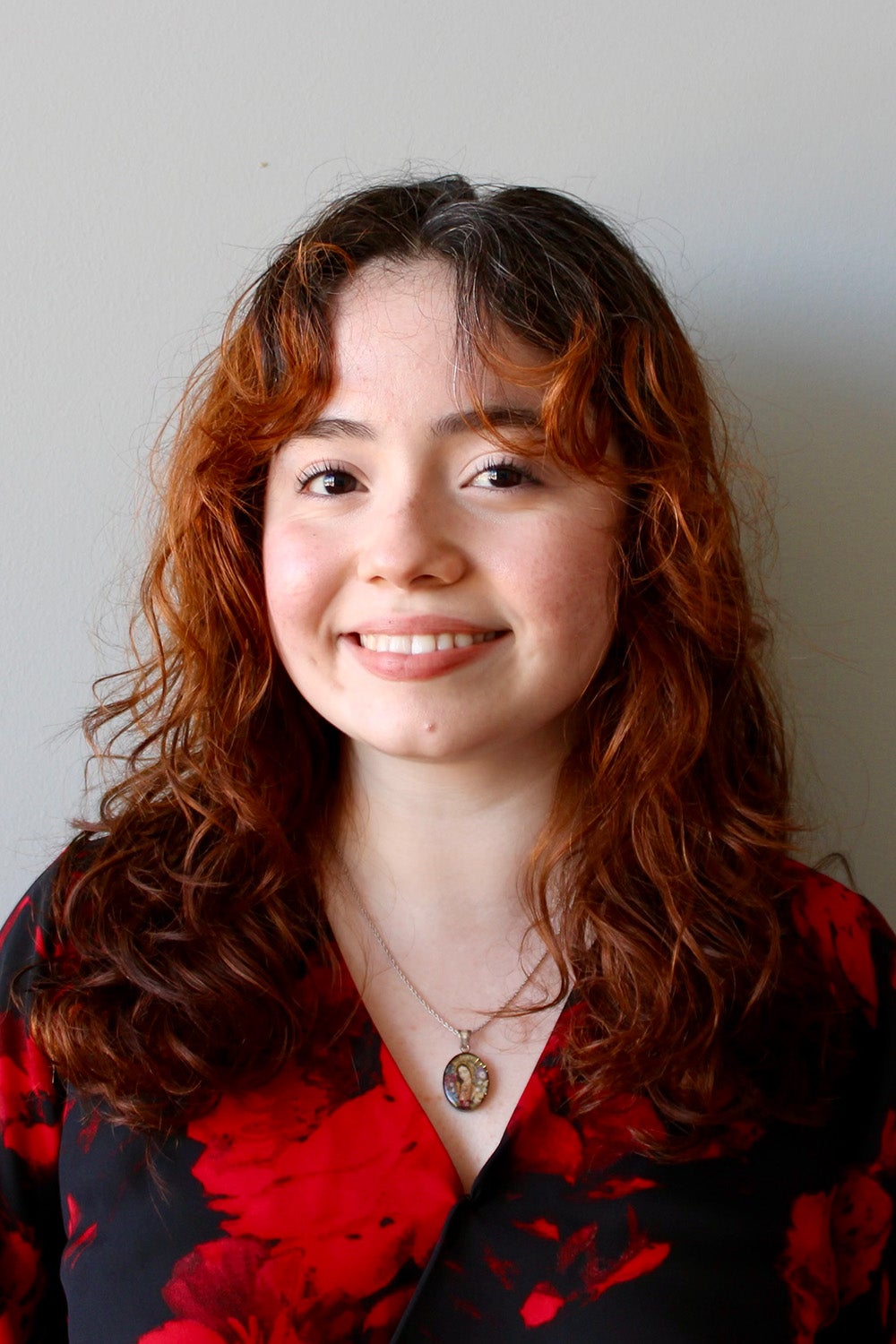Four Stanford students named Voyager Scholars
The Voyager Scholarship was established by President Barack Obama, former first lady Michelle Obama, and Airbnb co-founder and CEO Brian Chesky to support students pursuing careers in public service.
Four Stanford students are among the newest class of Voyager Scholars. Now in its second year, the scholarship was founded by President Barack Obama, former first lady Michelle Obama, and Airbnb co-founder and CEO Brian Chesky.
This year, 100 college juniors were selected for the scholarship, which provides up to $50,000 in financial aid and $10,000 for a summer work-travel experience to students interested in public service. The students will also join a network of mentors and leaders who will support their academic and professional goals.
Following are the newest Voyager Scholars from Stanford.
Aaron Adriano is a junior from South San Francisco. He is studying urban studies and architectural design. He said he is excited for the opportunity to travel abroad to learn how communities share urban environments and how built spaces are influenced by race, gender, and class.
“As someone who wants to become an urban designer, I hope the new perspectives I gain through this scholarship will influence my future designs to be inclusive and center the experiences of the unique communities that will inhabit them,” he said.
Megan Marie Di Russo is a junior from Miami. A new transfer who is currently undeclared, she intends to major in sociology and minor in human rights.
“Receiving this scholarship has allowed me to be part of an amazing cohort of students looking to make a change in different areas of public service, uniting perspectives and ideas on global issues, as we all learn from one another,” Di Russo said.
She is interested in criminal justice reform and child welfare within the foster care system. She said the scholarship will allow her to delve deeper into these topics through experiential learning beyond the classroom. Di Russo said she is also excited for the opportunities the scholarship provides to travel, conduct research, connect with mentors, and step out of her comfort zone.
“Being a Voyager has truly made me feel so hopeful and excited to continue my journey in public service,” she said.
Lizbeth Luevano is a junior from Indio, California. She is double majoring in environmental anthropology and comparative studies in race and ethnicity. She said she is excited to join a global network of scholars who are passionate about creating a positive impact around the world.
“In being part of this new support system, I look forward to building relationships with people with different lived experiences because bridge-building is essential to expanding the networks of care and mutual aid necessary to mitigating the impact of climate change and environmental mismanagement,” she said.
Luevano is the granddaughter of a bracero (a Mexican laborer working seasonally in the United States) and the daughter of Mexican immigrants. She said the scholarship will support her efforts to help build a better world that transcends borders.
“I am grateful that the Obama Foundation will support me in the upcoming years as I travel and learn how other communities are organizing against the exploitation of their labor and the land,” she said. “These experiences will help inform my own journey of achieving environmental justice for communities of migrant field workers, especially within my hometown in the Coachella Valley.”
Michelle de Fatima Mairena is originally from León, Nicaragua, and currently resides in Miami. She is majoring in history and intends to minor in education.
Mairena, who is a proud first-generation and low-income student, plans to use the scholarship to survey how different schools’ curricula accommodate and fail Central American refugee children. In her research, she hopes to deconstruct the established historical archive of Central American immigration to the United States and develop a community-informed history curriculum through decolonial and detention abolitionist frameworks.
“Ultimately, I hope to explore how community-produced historiography can help diaspora communities (re)imagine safety and liberation,” she said.
Mairena credits her work as an immigrant rights organizer in helping her become a Voyager Scholar. “I come from a line of Nicaraguan women that escaped recent political violence, and I would not be where I am without the endless support from South Florida’s diaspora communities,” she said.



